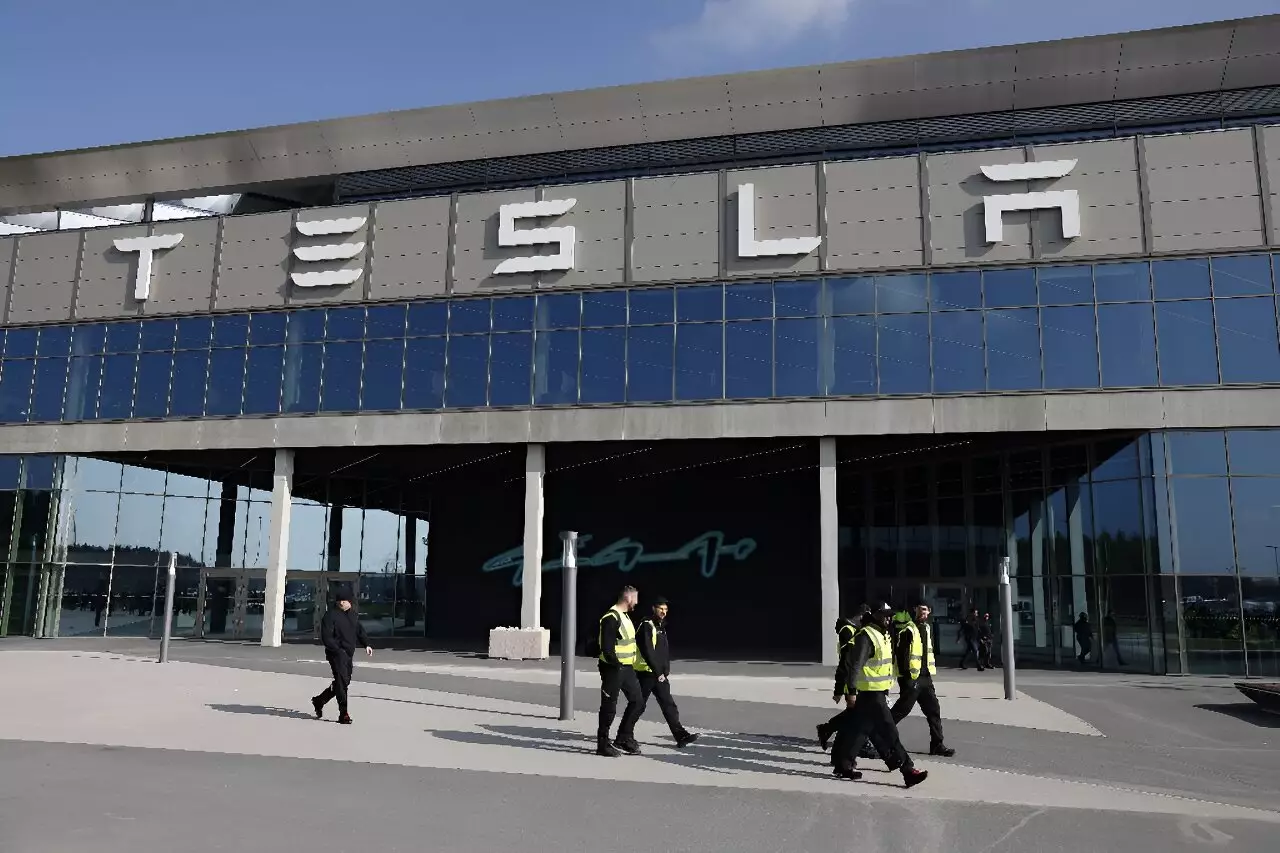Tesla, the electric vehicle giant led by Elon Musk, reported a significant decline in first-quarter auto sales. The company’s global deliveries dropped by 8.5 percent to 386,810 vehicles. This decline was attributed to various factors including weak sales in China, fierce competition from local EV makers, and the impact of an arson attack on power lines in Germany that disrupted production at Tesla’s European factory.
Analysts have pointed out several reasons behind the decrease in Tesla’s sales. These include production challenges related to the ramp-up of an updated Model 3 at its California factory, plant shutdowns due to shipping diversions caused by the Red Sea conflict, and the attack on Gigafactory Berlin. Additionally, Tesla faced tough competition in China, where competitors slashed prices to attract consumers, leading to a slowdown in demand for Tesla’s vehicles.
While Tesla struggled with declining sales, legacy automakers such as Toyota and General Motors saw improved performance in the first quarter. Toyota reported a 20.3 percent increase in US auto sales to 565,098 vehicles, driven by a much-improved inventory situation. General Motors, on the other hand, reported a slight dip in sales but highlighted strong customer demand for its vehicles and a successful ramp-up of its Equinox EV.
The decline in Tesla’s first-quarter sales has raised concerns about the company’s profit outlook. The increase in EVs from competitors in markets like the United States has forced Tesla to lower prices, affecting its profitability. Analysts have expressed worries about the company’s future performance and the need for Elon Musk to take action to reverse the downward trend in sales.
The overall market for auto sales has been described as mixed, with some potential car buyers holding off on purchases amid expectations of interest rate cuts by the US Federal Reserve. While some automakers like Honda also saw improvements in sales due to better inventory levels, the outlook for consumer spending in the near term remains uncertain.
Tesla’s disappointing first-quarter sales performance highlights the challenges the company faces in a competitive market. While legacy automakers are gaining ground with improved inventory and strong customer demand, Tesla needs to address production issues, pricing pressures, and competition to sustain its growth in the EV industry. The coming months will be crucial for Tesla to turn around its sales trajectory and maintain its position as a leader in the electric vehicle market.


Leave a Reply